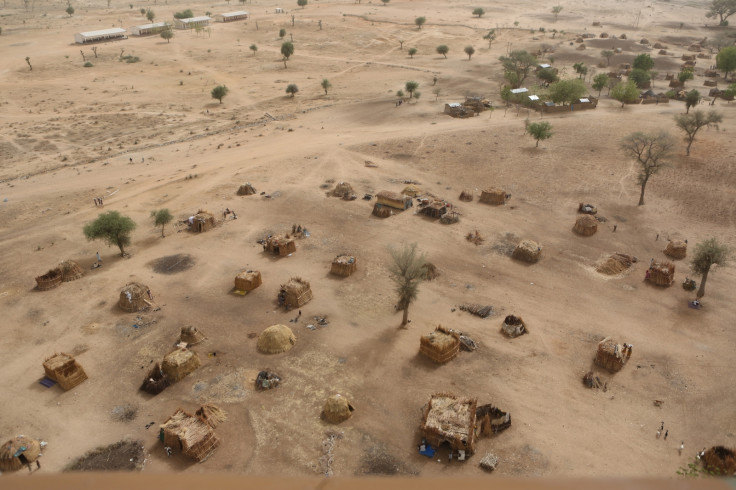Nigeria: 49,000 children may die of malnutrition in Boko Haram-hit northeast, warns Unicef
The UN children's agency says 475,000 children across Lake Chad hit by insurgency and drought.
The United Nations Children's Emergency Fund (Unicef) has once again warned of a worsening humanitarian crisis in Nigeria. It said of the half a million children estimated to be at risk, 49,000 in the north-eastern Borno state alone may be left to die if they do not receive timely help.
The seven-year-long insurgency by the Islamic militant group Boko Haram in Africa's Lake Chad basin has displaced 1.4 million children. Besides, one million children are feared to be still trapped in many parts of the country that are deemed risky for people to travel, the UN children's agency said in a report released on Thursday (25 August).
It has estimated that 475,000 children across Lake Chad in Borno state suffer from "acute malnutrition" due to drought and violence, up from 175,000 in January 2016.
Nigerian authorities had declared a nutrition emergency in Borno in June as it was feared that 49,000 children, out of an estimated 244,000 would die if they failed to receive quick medical and food aid. In the northeast state alone, 20,000 children have been separated from their families, the report reveals.
The burgeoning crisis has forced Unicef to revise its funding needs to $308m to help support people affected by Boko Haram in four countries that border Lake Chad – Chad, Nigeria, Niger and Cameroon. The agency said it has, however, received only $41.2m, a mere 13% of what it needs to cope with the crisis.
The report also highlights that two-thirds of the hospitals in Borno state are partially or fully destroyed, while 75% of water and sanitation facilities need to be treated before they can be used. It said more children than those estimated could be in a desperate situation without aid as some of the areas that were previously under the militants' control have become accessible now.
Manuel Fontaine, Unicef's Regional Director for West and Central Africa, said: "The Lake Chad crisis is a children's crisis that should rank high on the global migration and displacement agenda. Humanitarian needs are outpacing the response, especially now that new areas previously unreachable in north-east Nigeria become accessible."

Although most of the Islamic militants have been pushed back from their stronghold in Borno state in the last 18 months, they are said to be now hiding in the Sambisa forest in the southeast of the state.
Besides, the report has estimated that 38 children have been used to carry out suicide attacks in Lake Chad basin till date in 2016 alone. The total number of child suicide bombers now stands at 86 since 2014.
"Local communities are sharing the little they have to help those in need in an act of humanity that is replicated in thousands of homes across the conflict-affect areas," Fontaine said.
In June, Doctors Without Borders, also known by its French name of Médecins Sans Frontières (MSF), said a makeshift camp for the internally displaced was witnessing "a catastrophic emergency".
© Copyright IBTimes 2025. All rights reserved.





















